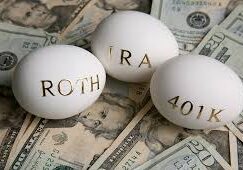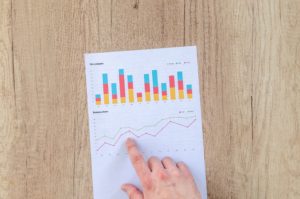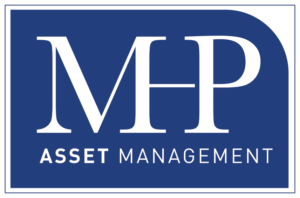The term “don’t put all your eggs in one basket” has been around for as far back as anyone can remember. Typically this relates to how you invest or save money. What I want to point out is a concept that is very simple but often times not considered when we are in the asset accumulation phase of our lives.
A simple and often painful truth is that you are going to pay taxes on your investments at some time before, during or after your stewardship of these assets. So let’s create a basket for each of these.
Let us call the first basket “pay as you go”; an example would be stocks, mutual funds, cd’s, and bonds. The income taxes are paid yearly and reported on a 1099.
Then there is the “pay later” basket that would be 401(k), Traditional IRA’s, some annuities. Taxes are deferred and paid when the money is withdrawn. Qualified money is subject to required minimum distributions at 70 and a half.
Third basket is the “pay now” receptacle that would include Roth IRA’s, cash value life insurance or municipal bonds. You pay the taxes now and enjoy tax-free growth, and withdraw tax free income.
Let me be clear that I am not a tax professional and not attempting to advise you on what to do in the tax realm. Everyone has a different situation that you should discuss with your tax pro regarding these investments. But I do know a bit about economics and Washington.
As the baby boomers move towards retirement, social security and Medicare, there will be less revenue going into the treasury and more coming out. There are fewer producers paying into the system placing a larger tax burden on younger working people. While it has improved over last couple of years, labor participation is coming off its lowest rate since the late 70’s early 80’s, so there are fewer working people. Our national debt is over 20 trillion dollars.
Not knowing what tax rates will be in the future; my guess is higher; I want to plan for retirement income that has a mix of deferred and tax-free money. Traditional thinking was that your tax rate would be lower in retirement with less income, but that may not be true depending on your income , tax rates and policy in the future. This money can also affect the taxes you pay on your social security benefits. Much of this ties into the Social security planning in this column a couple of weeks ago.
Statistics show that most people are not financially prepared for retirement and running out of money is a bigger concern than death itself. Actively planning should not only help with accumulating assets for retirement, but planning seems to alleviate the worries that keep us up in the night






















